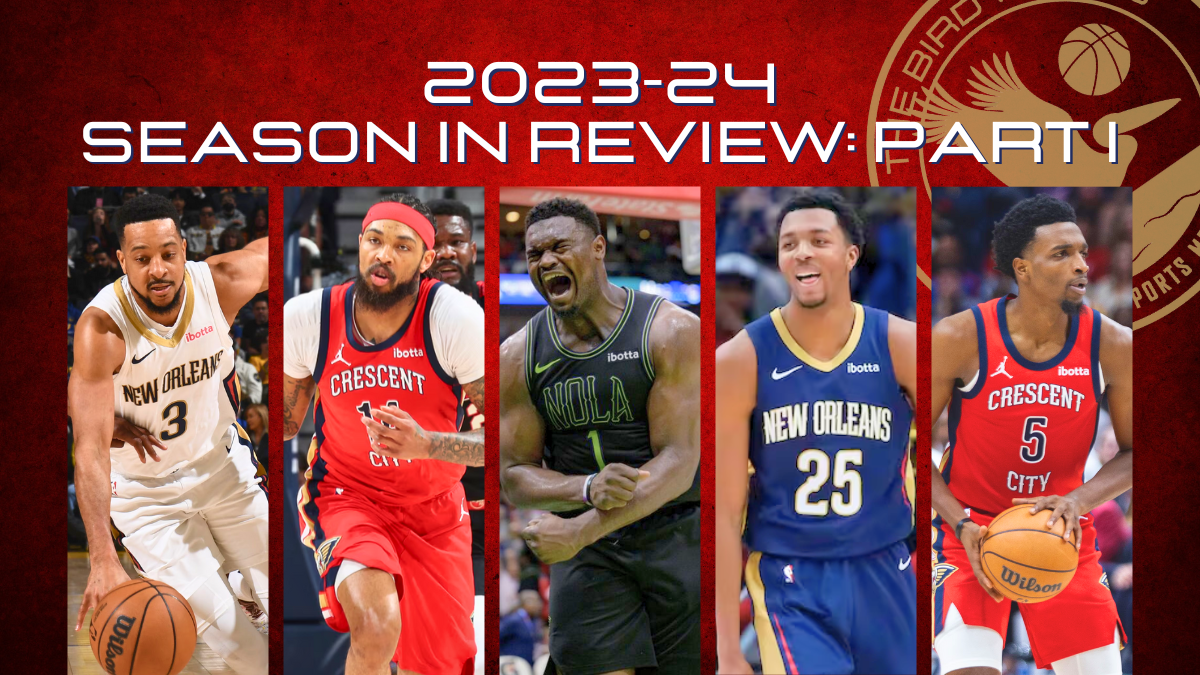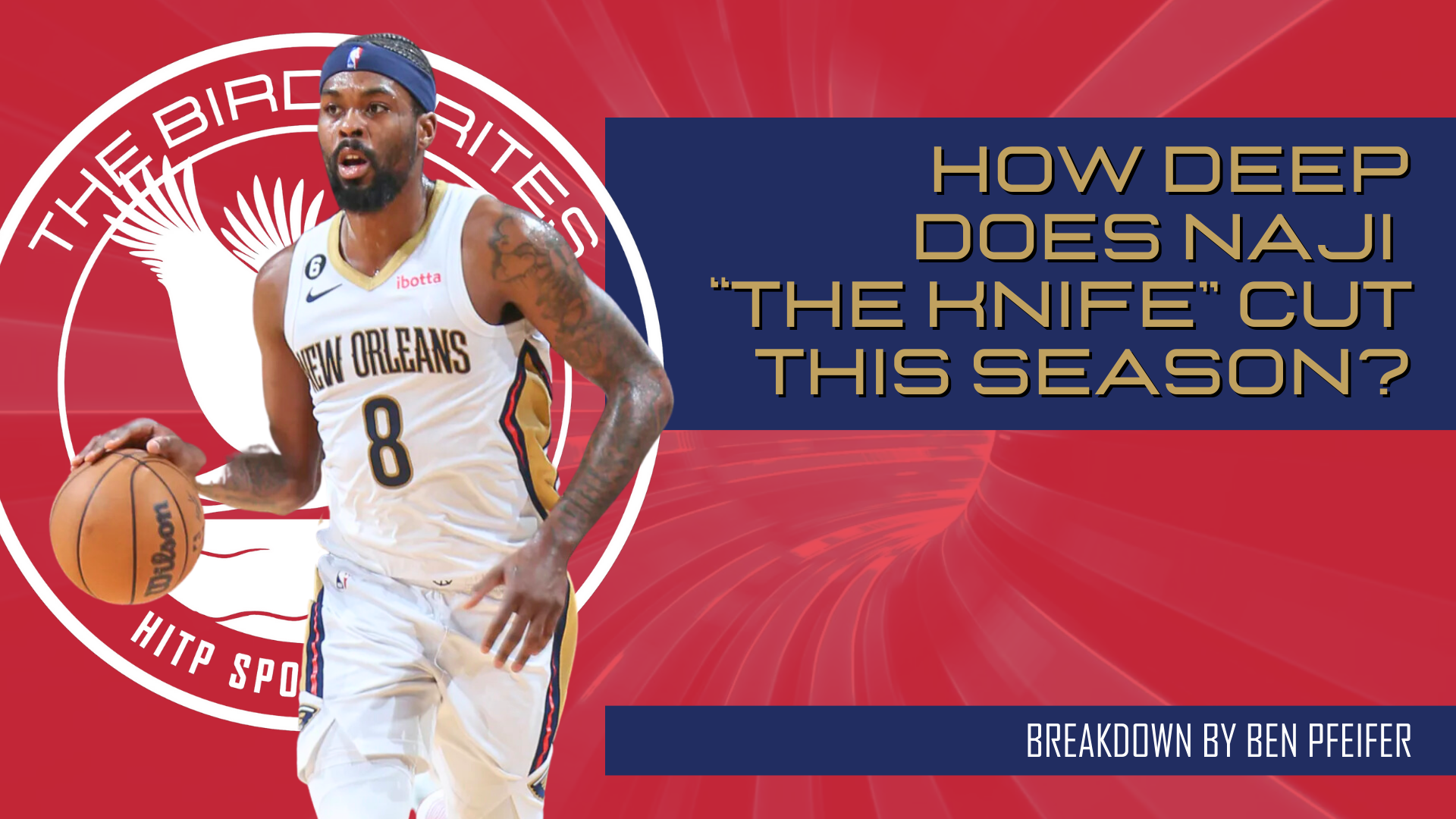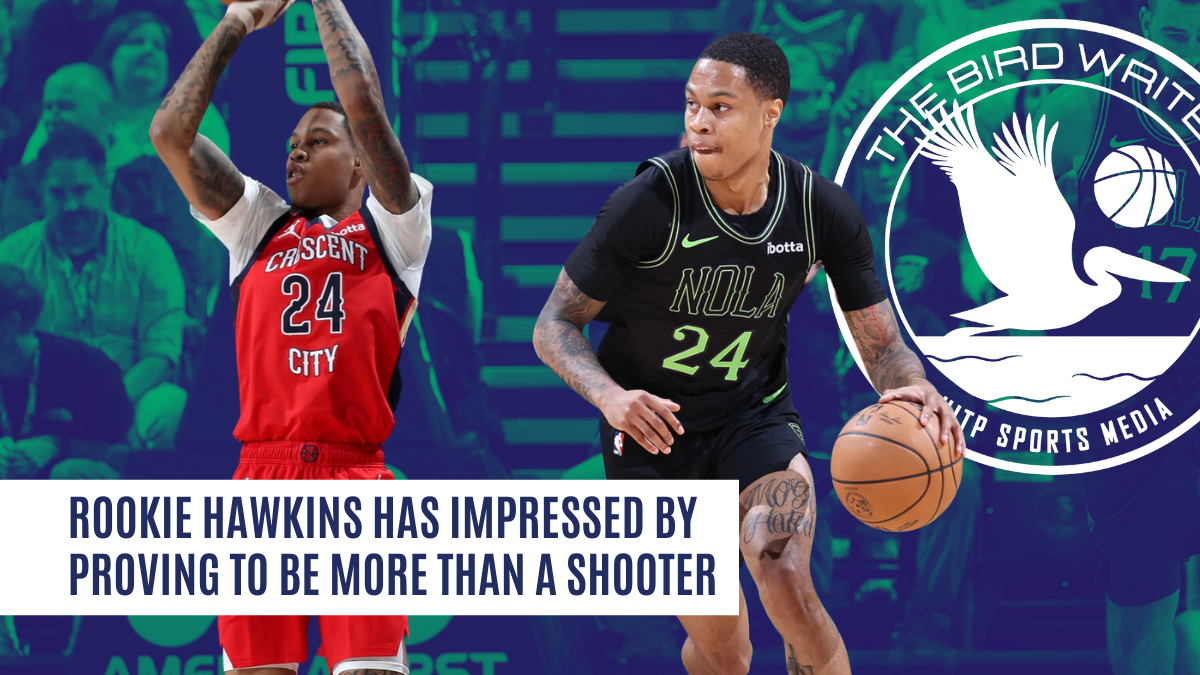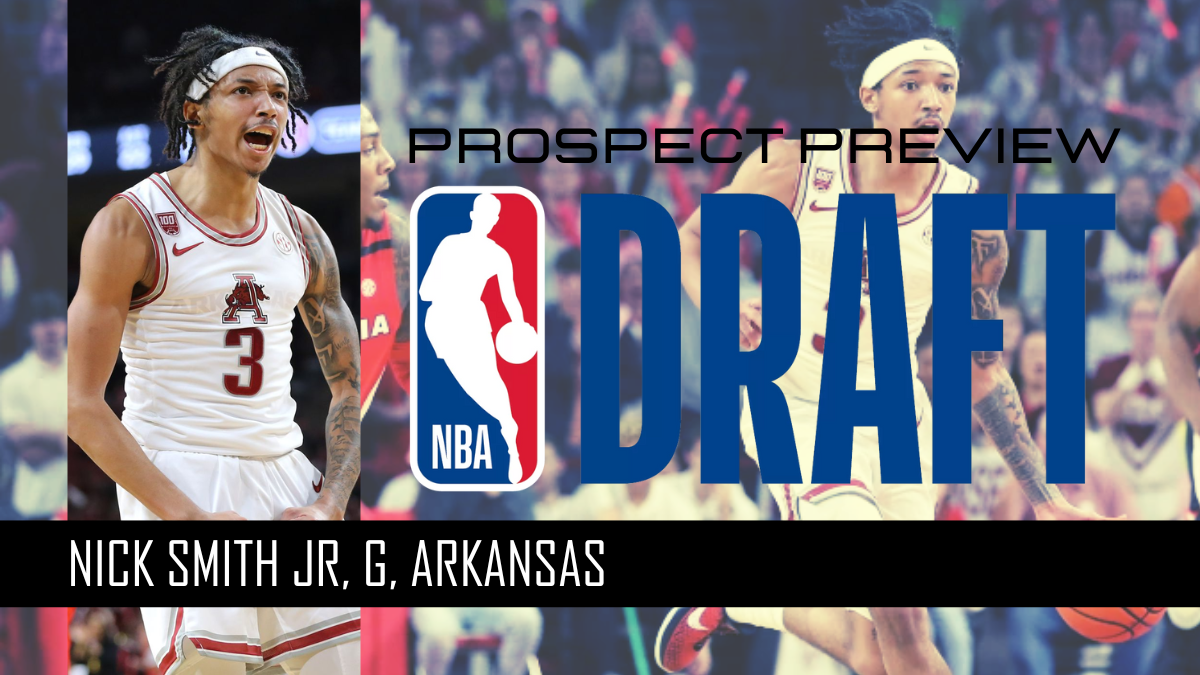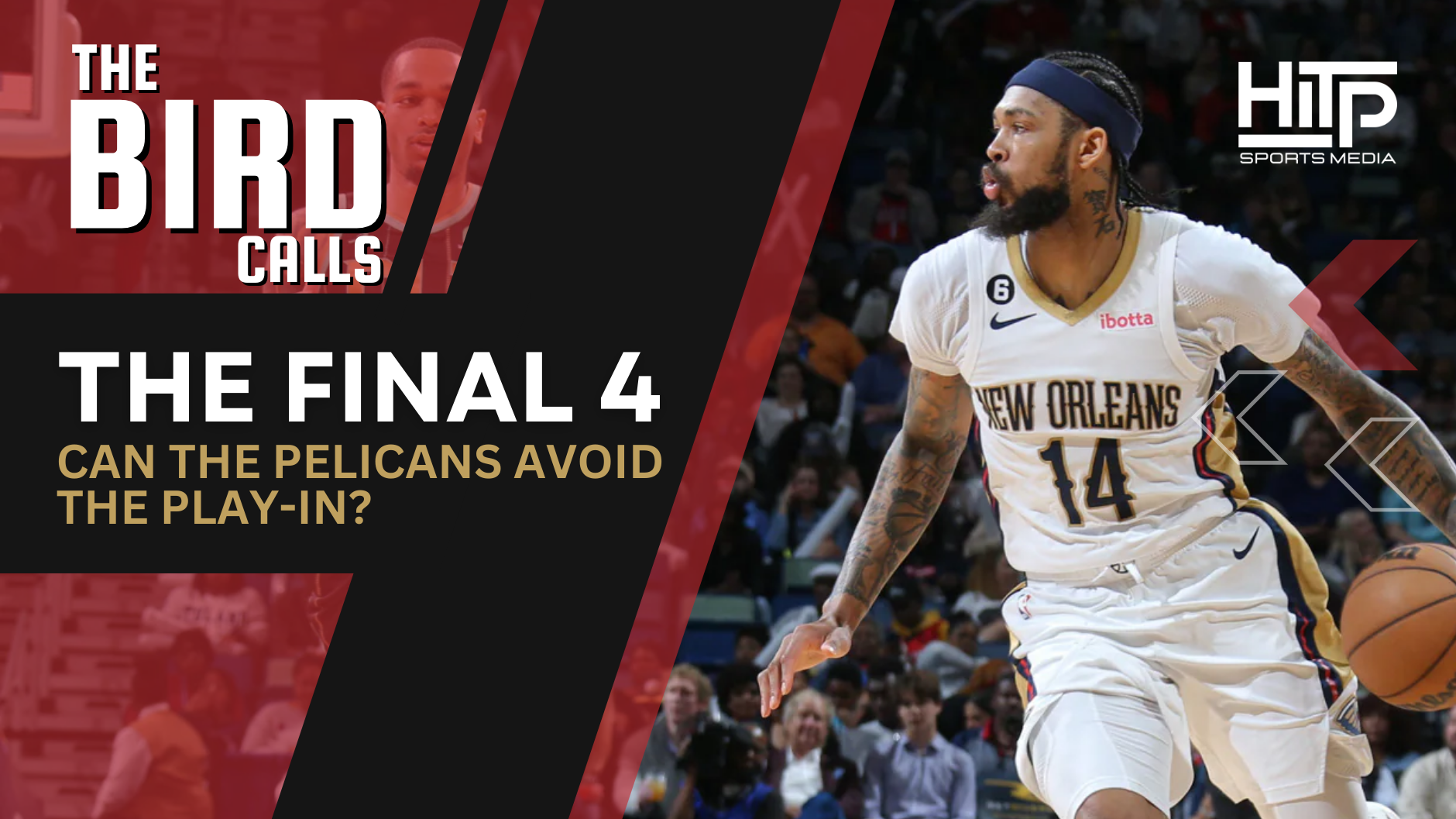Let’s not dwell on the New Orleans Pelicans’ disaster of a sweep at the hands of the Oklahoma City Thunder. There’s plenty of nuance in explaining the loss, but at some level, they had little chance without their best player healthy against the top seed in the West. Despite this disappointing ending, we can identify positives from the Pels’ season.
Herb Jones’ ascension on the offensive end changes what he can be for New Orleans. He defended at an All-Defense level once again, but the offensive elevation turned him into a star-level impact player. Jones registered career highs in true shooting percentage (63.2%), three-point percentage (41.8%), points per game (11.0) and assists per game (2.6).
Jones threatens defenses more than ever with his shot and his confidence as a driver has only grown. He puts the ball on the floor in traffic as an improved scorer and playmaker. Regardless of the roster changes New Orleans will make this offseason, Jones’ development locks him in as a foundational piece.
For the second season in a row, the Pelicans finished the season with a top-six defense. Aside from Jones’ greatness, this reflects their defensive depth, especially on the wing, and schematic goodness. New Orleans aggressively pressures the ball and digs on drives to prevent shots at the rim, sending taggers and low men early to add an extra layer of protection. This strategy rendered efficient offense-challenging even in their series loss to OKC; New Orleans still posted a strong 109.6 defensive rating across those four games.
Naji Marshall and Dyson Daniels are excellent complementary wing defenders. Daniels especially blossomed as a point-of-attack defender, locking down stars on the ball on a nightly basis. Offensive development from Daniels should place him as a valuable role player and a focal point of the Pelicans’ future.
CJ McCollum struggled in a primary creator role in the postseason, but he was excellent all year in a complementary role. Playing off of other stars, his elite shooting, secondary pick-and-roll game and ball-handling shined. On a Pelicans’ team devoid of passing and ball-handling talent, his abilities stood out. When he plays his natural role as an off guard, he adds significant offensive juice to a Pels team that can struggle on that end.
Though the season didn’t end as the Pelicans would have hoped, they learned what this team can and cannot achieve with its current roster. Griffin and Company have been searching for those answers for years and seem to have found them. If nothing else, knowing how and why you failed is a success in itself.
Analysis by Ben Pfeifer
For more content, visit HITP Sports on YouTube or HITP Sports online.
READ MORE
- Resilient Pelicans Face Biggest Bounce-Back Test of the Season In Game 2
- Will Pelicans Look Inside For Advantage Vs Thunder in Game 2?
- One More Time: Pelicans 6th Matchup With Kings Is For the Playoffs
- Pelicans’ Ability To Control Play Inside Could Determine Outcome of Play-In Matchup With Lakers
- With 50 Wins and the Playoffs on the Line, Pelicans Prepared for Hollywood Finish to Regular Season
- The Pelicans and Warriors Battle By the Bay for Playoff Position
- A 5th Straight Win Against Kings Would Keep Pelicans in Driver’s Seat to Avoid Play-In
- Pelicans Have to Rediscover Defensive Intensity Before Postseason Play Begins
- As Western Conference Playoff Race Burns Brighter Than Ever, Pelicans Try To Block the Suns
- Previewing the Pelicans’ Possible Playoff Opponents: The Dallas Mavericks
- The Pelicans’ Top-Ranked Defense Has A Serious Weakness
- Brandon Ingram’s Development As A Passer Raises Pelicans’ Ceiling
- Herb Jones Isn’t Just An Option on Offense, He’s a Weapon
- Do the Pelicans Possess Enough Playmakers?
